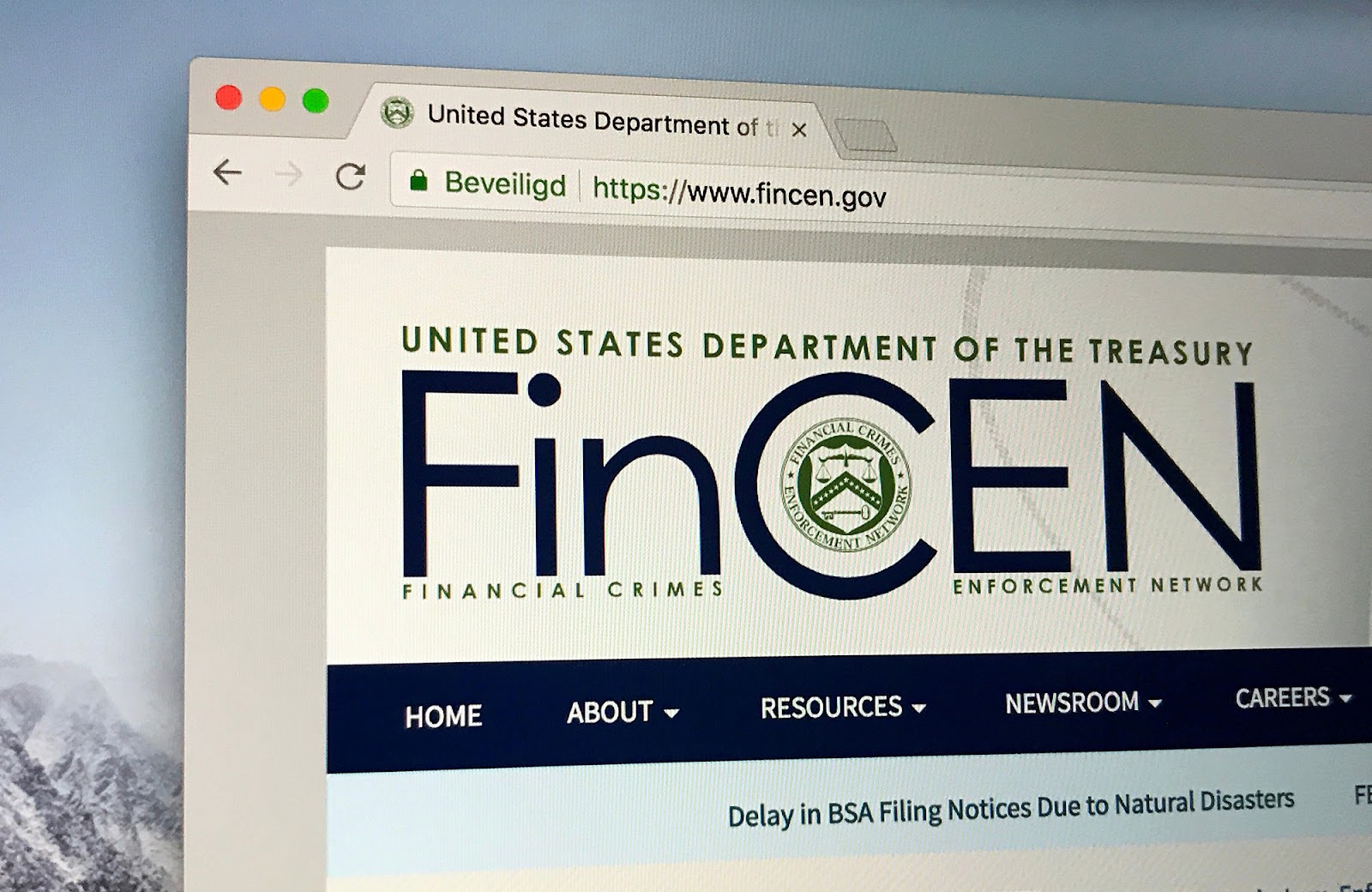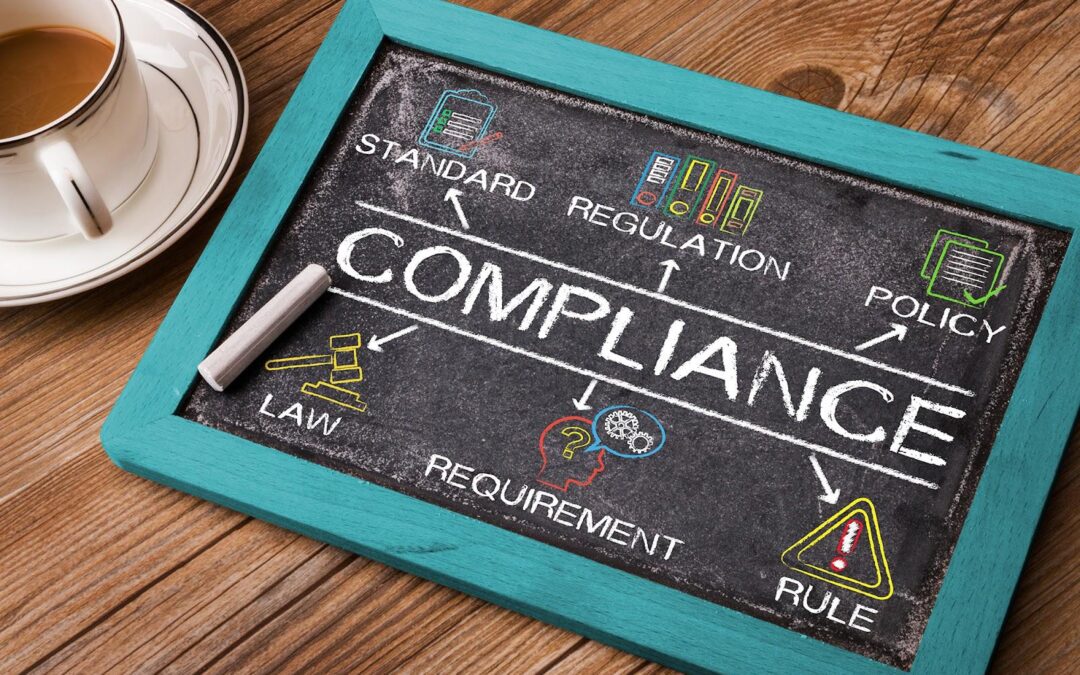
The Corporate Transparency Act (CTA) has finally taken effect, and with it come several filing requirements for homeowners associations. What is the BOI report for HOAs, and how can board members go about filing it?
An Overview of the Corporate Transparency Act
The Corporate Transparency Act is a Federal law that took effect on January 1, 2024. It was passed to prevent money laundering and the abuse of shell companies. The CTA achieves this by requiring companies in the United States to share information about their beneficial owners with the Financial Crimes Enforcement Network (FinCEN).
Reporting companies must file their beneficial owners’ full names, birthdates, addresses, and ID numbers. This ensures transparency concerning the control and ownership of an organization. Through this disclosure, it will be much harder for illegal activities like hiding assets and money laundering to take place.
At first glance, the CTA seems only to affect businesses and for-profit companies. However, non-profit organizations and even unincorporated organizations—including homeowners associations — are also required to file with FinCEN.
Are HOAs Exempt From the CTA?
23 types of entities are exempt from filing BOI reports with FinCEN. However, homeowners associations are generally not exempt. They can only exempt themselves from filing if they qualify as a tax-exempt organization under the IRC Section 501(c)(3) or 501(c)(4). Moreover, even if an HOA has exemptions under Section 528, it is not exempt from the CTA.
BOI for HOAs: Who are the Beneficial Owners of HOAs?
The Corporate Transparency Act requires homeowners associations to file information regarding their beneficial owners. But who are the HOA beneficial owners anyway? How are beneficial owners defined?
When the CTA was first released, HOA BOI reporting needed to be clarified. People needed to figure out who the beneficial owners of a homeowners association were. However, FinCEN later released a Frequently Asked Questions page addressing this issue. The page confirmed that HOAs were reporting companies that needed to file their BOI reports with FinCEN.
In addition, FinCEN clarified the identity of beneficial owners within homeowners associations. According to the agency, anyone who directly or indirectly wields significant control over the association or owns and controls at least 25% of the interests is a beneficial owner.
While not all HOAs will have an owner who owns 25% of the properties in a community, every HOA will have at least one individual who exercises significant control over the association. These include individuals who meet one of the following:
- A senior officer
- Someone who has the authority to appoint or remove a majority of HOA directors or certain HOA officers
- An important decision-maker
- Any person who has any form of significant control over the association
Generally, board members will qualify as beneficial owners because they exercise substantial control over the association. When in doubt, HOAs should simply report a person’s information if they could potentially be a beneficial owner. After all, it’s best to err on the side of caution. Making a mistake here would cost hundreds or even thousands of penalties.
Who are the Company Applicants?
Every homeowners association will have a company applicant. This person is primarily in charge of directing or controlling the filing with FinCEN. It could also refer to the person responsible for directly filing the report with the agency.
Generally speaking, company applicants are the people who have filed the community’s documents with the Secretary of State. However, they could also be the association’s attorney, registered agent, or HOA formation professional.
What Information Must be Shared?
The information HOAs must file with FinCEN includes the following for reporting companies:
- Complete legal name
- “Doing business as” or trade name
- Present address in the United States
- Jurisdiction of Formation
- Taxpayer Identification Number (TIN)
- Employer Identification Number (EIN)
Meanwhile, HOAs must submit the following information about their beneficial owners and company applicants:
- Complete legal names
- Birthdates
- Complete present addresses
- Distinct identifying numbers and the issuing jurisdiction from one of the records (none of which can be expired):
- United States passport
- State-issued driver’s license
- Identification document issued by the local government, state, or Indian Tribe
- Foreign passport (if none of the previous documents are available)
- A photo of the document with the distinct identifying number
Homeowners associations may use a FinCEN identifier for beneficial owners and company applicants instead of the information above.
How to File BOI Reports With FinCEN

Homeowners associations have several filing options. First, they can submit the report directly to FinCEN through the BOI E-Filing Portal. The HOA must fill out all of the required fields correctly before submitting.
Alternatively, HOAs can also fill out a PDF form offline as they slowly gather the information. This will allow them to be more flexible and double-check the information before submission. Likewise, they may submit the PDF form through the portal.
Finally, homeowners associations may use third-party platforms and services, like HOAfiling.com, to file their reports. These services streamline the filing process and allow HOAs and HOA management companies to remain compliant with Federal law.
When Should You File the BOI Report?
Homeowners associations created before January 1, 2024, should submit their first BOI report with FinCEN by January 1, 2025. If the HOA was formed after January 1, 2024, it must file the report within 90 days of its establishment. Lastly, HOAs formed on or after January 1, 2025, should file their initial reports within 30 days of formation.
Additionally, homeowners associations that have filed their BOI report for HOAs must keep the information up-to-date. Any changes in beneficial owners or their information must be filed within 30 days of the change. HOAs must update their information each time a new board member or officer is elected.
What is the Penalty for Non-Compliance?
HOA BOI reports are required by law. If an HOA fails to submit the BOI report, it may face civil penalties of $500 each day it fails to file. Wilful violations may result in criminal penalties reaching $10,000. Violators may also be imprisoned for a maximum of two years.
Get Help With HOAfiling.com
Filing BOI reports for HOAs can be tricky. It involves a long and complicated process that can be tedious for most board members. Even HOA management companies might have a hard time, especially if they’re managing several associations at once.
HOAfiling.com makes the process easy by collecting and organizing all the data in one platform. Through it, your HOA or management company can accurately file the information and even receive reminders of key deadlines.



